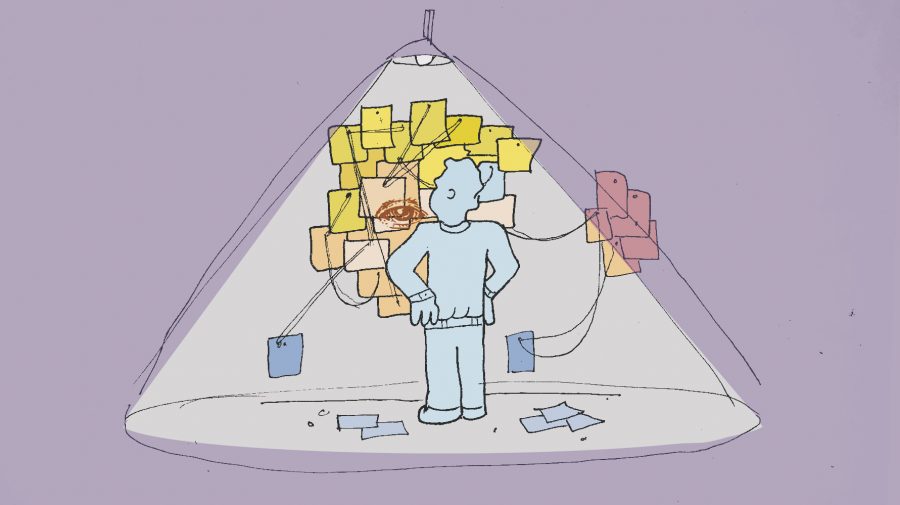When a high-profile celebrity or a controversial figure in the news dies, fans and critics alike both speculate about the life of this person, their last days and the impact that their death brings onto society or culture. With Jeffrey Epstein, however, his death seemed to be as controversial and puzzling as his life was.
Epstein, who was accused of child sex trafficking and was awaiting trial, was found dead in his jail cell at the Metropolitan Correctional Center in New York on Aug. 10. His death was ruled a suicide, and yet within days of the news breaking, people took to Twitter to state that his death was a political conspiracy, stating that people such as President Donald Trump, the wardens of the Correctional Center and even the Clintons were responsible for this happening.
People are still debating whether the moon landing actually happened, or if al-Qaeda was actually responsible for the events of Sept. 11, as seen in The New York Times.
In this case, however, it seemed like even people who don’t fall down the YouTube rabbit hole at 3 a.m. were dubious that Epstein’s death was as straightforward as news outlets made it seem. Part of it had to do with still wanting to seek justice for Epstein’s crimes, especially since he was able to avoid getting a stringent sentence for his sex crimes 12 years ago.
With him on the brink of being put away forever and allowing victims to finally have some sense of peace, and then that not happening is frustrating and unsatisfying, because it still felt like Epstein got the last word.
In many ways, it was easier to believe that somebody was still to blame for how the situation played out, as ridiculous as the theories became.
And that’s why political conspiracy theories are so attractive — they allow humans to come up with and believe an alternate explanation to one that might be unreasonable or not preferable. We want to believe that we aren’t terrible as human beings or as a society, and that there are only a few bad apples here and there. The theories also help us satiate our need to make everything “fit,” because the truthful explanation for a situation may not always be the most reasonable one.
This lack of reason is directly seen with Epstein’s case as well. He should have been monitored carefully every half-hour and placed on suicide watch leading up to his trial, because people saw this coming after Epstein allegedly injured himself a few weeks prior.
The fact that he seemed to have been left alone on the early morning of Aug. 10 and that the cameras near his cell were also malfunctioning raises suspicion in the prison center and its guards, and whether they had any role to play in Epstein’s death.
Conspiracy theories prove that people are capable of independent thought and creative thinking, two skills that are important to have when people are constantly bombarded with news and information from all sides, and on all social media. Things shouldn’t always be taken at face value.
However, one must be careful before reading or creating a conspiracy theory, especially when it comes to politics.
First of all, they are usually very difficult to prove, and even if the logic behind the theory is solid, it really is just a theory and one of many versions of events that could have transpired.
The conspiracies could easily start to involve people who were not related to the story at all, and that can damage both the people being talked about in the theory and the people who are trying to find the truth and seek peace.
It’s fun to speculate about why a bad or a confusing thing happened out of nowhere in real life, but political conspiracies should always be discerned from factual, reported news; otherwise, there will be no trust in journalism or politics anymore.






